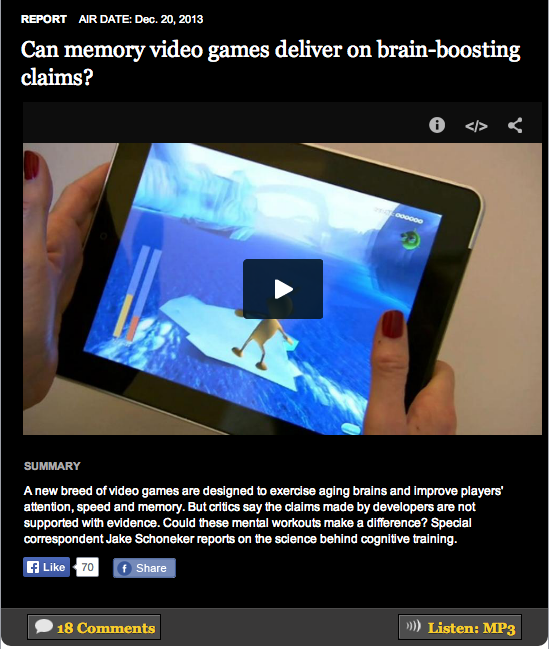Games For Language and Digital Learning Innovations
 In the last few years, Digital Learning Games have become an increasingly powerful presence on the Internet.
In the last few years, Digital Learning Games have become an increasingly powerful presence on the Internet.
No doubt, it's been that trend, which has encouraged us to create and develop our platform for foreign language learning: GamesForLanguage.com
LEVEL UP
The landscape of Digital Learning through games is full of innovative energy and diversity. Just for fun, I looked what I could find on the web.
A digital learning site that caught my special attention is www.scholastic.com “Level Up” which provides STEM (Science, Technology, Engineering, Mathematics) and Language Arts standard-based lessons that use video game design as a teaching tool.
In other words, students gain the “knowledge and tools to design their own video games” and learn in the process. That's cool. How I wish this kind of learning had existed when I went to college!
SERIOUS GAMES
There's also plenty of gamified digital learning going on outside of the strict educational setting. And the spectrum is wide.
At one end stand the “serious games,” which refer to games that are not just pure entertainment. One noteworthy example is G4C (Games For Change), an organization that supports games for social change and “provides a platform for the exchange of ideas and resources.”
Another, different example would be the Danish company “Serious Games Interactive” which has developed and sells educational games for “Corporate, Social, Educational, Health, or Market Education.”
TRIVIA GAMES
At the other end of the spectrum stand “trivia games,” which despite their name, have a lot of educational potential. A site that immediately comes to mind is the trivia games site Sporcle, which was featured in a Boston Globe article last year: “On top of the world: Thanks to Sporcle, young people are learning about geography, and other subjects.”
Another popular trivia site is “Trivia Plaza” which has been online since 2001 and continues the interest in trivia, sparked by the board games of that name.
GAMIFICATION
As I'm browsing around on the web, I learn that gamification is becoming the focus of all kinds of research projects. The word “gamification” is fairly new, but the trend itself goes back a few years. It seems to be one with good educational potential – provided the “products” are done thoughtfully and with pedagogic expertise.
